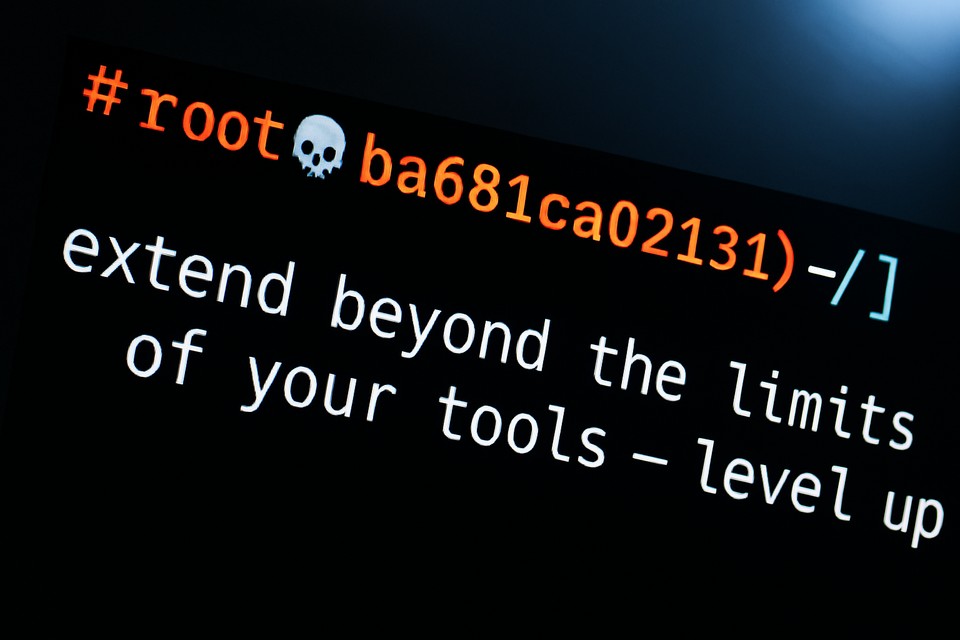Extend Beyond the Limits of Your Tools: Why Learning to Code Is a Security Professional's Superpower
— Career Advice, Security, Automation, Python, Infosec, Getting Started — 4 min read
I'm Brett Fullam, a creative technologist turned networking and cybersecurity specialist passionate about security automation. In this blog post, I’ll walk through why learning to code has been my greatest professional asset—and why it can be yours too.

The Tools Will Eventually Fail You
Security professionals often rely on a stack of platforms, dashboards, and alerts to do their jobs. But what happens when those tools fall short? When the UI limits your query, when filtering isn’t flexible enough, or when log correlation takes hours instead of minutes? This is where code comes in. Knowing how to script a solution—whether it’s parsing logs, enriching alerts, or connecting APIs—gives you superpowers. You go from a consumer of tools to a creator of solutions.
Coding Turned My Projects Into Career Launchpads
Before I even landed my first job, I created and published open-source tools that tackled real-world problems I was encountering in my training. One of those was an automation tool for VirusTotal’s API, now featured on VirusTotal’s community scripts page. That project—and others like it—were key reasons I landed interviews and stood out from the crowd. As one of my former managers said, "I can hire analysts who can work inside of tools. But I want people who can solve problems with code."
From Python to TypeScript to Go
My coding journey started with Python, and it remains one of the most accessible and powerful languages for security work. But that foundation also gave me the confidence to pick up TypeScript and Go as my work evolved. Learning new languages isn’t about syntax memorization—it’s about problem-solving patterns. Each new tool in your belt expands your reach and deepens your ability to adapt.
Use AI as a Learning Partner—Not a Crutch
We live in a golden era for learning, thanks to AI tools like ChatGPT. You can start building projects on day one—but only if you use AI responsibly. Don’t let it do the work for you. Instead, let it help you understand why something works, how to fix it when it breaks, and what you can do next. If you rely too heavily on AI to generate your code, you’ll get lost fast when things become complex. Treat AI as your learning partner, not your autopilot.
Prompt to Try:
“I’m learning to code as an aspiring security analyst. Suggest a beginner-friendly project that applies Python to a real-world security use case. Walk me through it step by step, and explain the ‘why’ behind each decision.”
Start With Projects That Inspire You
You don’t need to start with a course that takes you from zero to hero. What you need are small, purposeful projects that align with your interests and goals. Security-focused projects will keep you engaged and give you something real to show for your effort. Here are some examples from my early GitHub portfolio:
- Automating VirusTotal API v3: Automate IP and URL analysis and generate HTML reports
- IOC Generator v2: Create quick IOCs from files to accelerate incident response workflows
- DNS & Reverse DNS Lookup: Simple tool to enrich or investigate domains at scale
- Advanced Checksum Checker: Validate hash integrity for file downloads and malware triage
Trainings Are Full of Project Seeds
During my training, I made it a habit to stop anytime I encountered a repetitive task—and build a script to automate it. These small scripts became "quick-hit" projects that sharpened my skills and taught me how to apply code-based thinking in real-world scenarios. They weren’t big or flashy, but they were useful—and that utility became my edge.
Closing: Coding Is the Infosec Multiplier
Learning to code didn’t just help me break into cybersecurity—it continues to help me level up every day. It’s the skill that enables creativity, scales my impact, and lets me bridge the gap between tools and problems. Whether you’re just starting out or looking to grow, I can’t recommend it enough: learn to code to extend beyond the limits of your tools.
In my next article, I’ll share the resources, inspirations, and mentorship that guided me from student to engineer—including the voices and communities that helped shape my mindset. If you're on this path too, you won’t want to miss it.